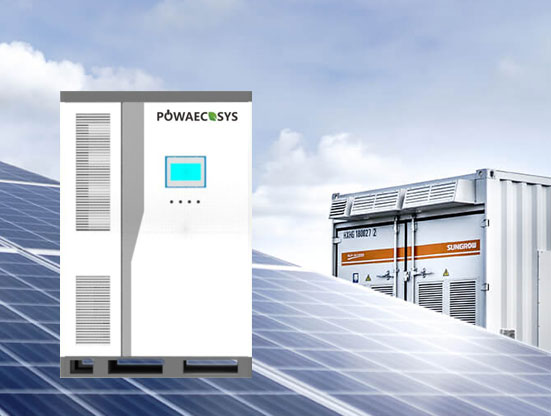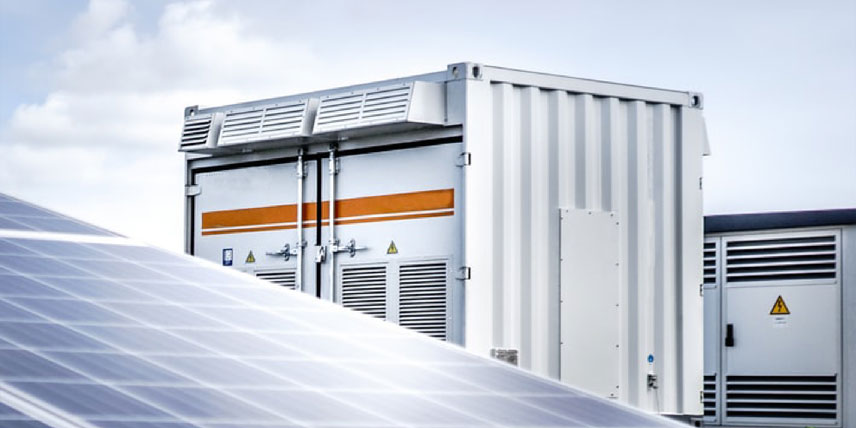Commercial and Industrial BESS
Huison provides a diverse array of commercial and industrial battery storage solutions designed to help businesses lower their carbon footprint and cut energy costs. Our Battery Energy Storage Systems (BESS) are suitable for both grid-connected and off-grid applications, offering:
●Solar-powered systems.●Peak-shaving solutions to mitigate peak demand charges.
●Solar and battery-driven setups with diesel generator backup.
●Load-shifting systems to optimize time-of-use (TOU) rates.


50KW/100KWh(200KWh) Forced Air cooling BESS
Fitted with air conditioning and fire suppression systems, internal lighting, EMS, hybrid 3P inverter inside a lockable cabinet.
100KW/215KWh(233KWh) Water cooling BESS
Fitted with conditioning and fire suppression systems, internal lighting, EMS, 100KW PCS, 5kw water cooling system inside a lockable cabinet.
And much more to meet various energy management needs.
Before Install
- High Energy Costs
- Dependence on the Grid
- Limited Use of Renewable Energy
- Inconsistent Power Supply
- Environmental Impact
- Lack of Flexibility
After Install
- Reduced Energy Costs
- Increased Energy Independence
- Optimized Use of Renewable Energy
- Enhanced Power Reliability
- Lower Carbon Footprint
- Greater Flexibility
More about Huison Forced air cooling and liquid cooling BESS:
Forced Air Cooling: The main components of an air cooling system include air conditioners, air ducts, and module fans. Fans are installed at the front of the module. Module fans dissipate the heat generated by the internal batteries of the module and transfer it to the pre-fabricated air ducts. The air conditioning system in the pre-fabricated chamber further cools through convective heat transfer.
Liquid Cooling: Liquid cooling systems use liquids as a heat transfer medium to directly or indirectly transfer heat by contacting cooling fluids and heat-generating components. This is a heat dissipation technology that eliminates the heat generated by the components.
Comparison of forced air cooling VS liquid cooling :

